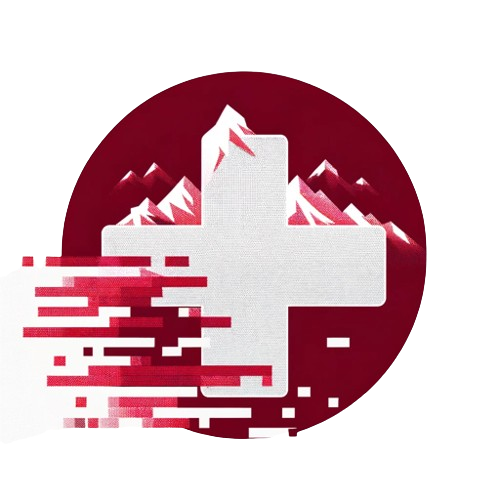Understanding the Risks The Toxicity of Social Media Social media can sometimes be a breeding ground for negativity, including cyberbullying, trolling, and exposure to harmful content. Prolonged exposure to such an environment can lead to mental health issues like anxiety, depression, and a distorted sense of reality.
The Perils of Posting Personal Information Sharing personal information online can lead to privacy breaches, identity theft, and cyberstalking. Personal data, once online, can be challenging to retract and may remain accessible indefinitely.
The Individual’s Role in Cultivating Digital Literacy Understanding the dynamics of social media platforms is crucial. Being digitally literate means recognizing the potential risks and benefits of online interactions and content.
Implementing Privacy Controls Users should utilize privacy settings offered by social media platforms. These controls can limit who views your content, restrict data sharing, and manage how your information is used.
Mindful Sharing Think before you post. Consider the long-term implications of sharing personal details like your location, financial information, or family matters. An essential part of self-protection is being selective about what you share.
Building a Positive Environment Foster a positive digital environment by engaging in uplifting content and interactions. Avoid toxic discussions and report any abusive behavior you encounter.
Detox and Disconnect Regularly taking breaks from social media can significantly reduce its negative impact on mental health. Digital detoxes help regain perspective and reduce dependency on social media validation. The toxicity of social media is a multifaceted issue, encompassing a range of negative experiences and behaviors that can profoundly impact users. These platforms, designed to foster communication and connection, can paradoxically become hotbeds of negativity. Users often encounter cyberbullying, where individuals are targeted with abusive or demeaning messages. Trolling, involving deliberately provocative or offensive posts aimed at upsetting others or derailing conversations, is also rampant. Exposure to such toxicity can lead to psychological distress, contributing to issues like anxiety, depression, and a skewed perception of reality. Furthermore, the echo chambers and filter bubbles created by social media algorithms can reinforce narrow worldviews, intensifying polarization and hostility. This environment, where negativity can spread rapidly and with little accountability, poses a significant challenge to mental well-being, requiring users to be vigilant and proactive in safeguarding their online experiences. The importance of protecting children from the toxicity of social media cannot be overstated, as these platforms can have a profound impact on their developing minds and emotional well-being. Younger users are particularly vulnerable to the adverse effects of online negativity, including cyberbullying, exposure to inappropriate content, and the pressure of social comparison. Such experiences can lead to serious consequences like diminished self-esteem, increased anxiety, and in severe cases, depression. The immersive nature of social media can also distort a child’s understanding of social interactions and reality, potentially leading to unhealthy patterns of behavior and thought. Moreover, children might not yet have the emotional maturity to navigate complex social dynamics online, making them more susceptible to manipulation or exploitation. Therefore, it’s crucial for parents and guardians to actively monitor and regulate their children’s social media use, educate them about online safety, and foster open communication about their online experiences. By doing so, they can help mitigate the risks and ensure that their children’s engagement with social media is healthy, positive, and enriching.
